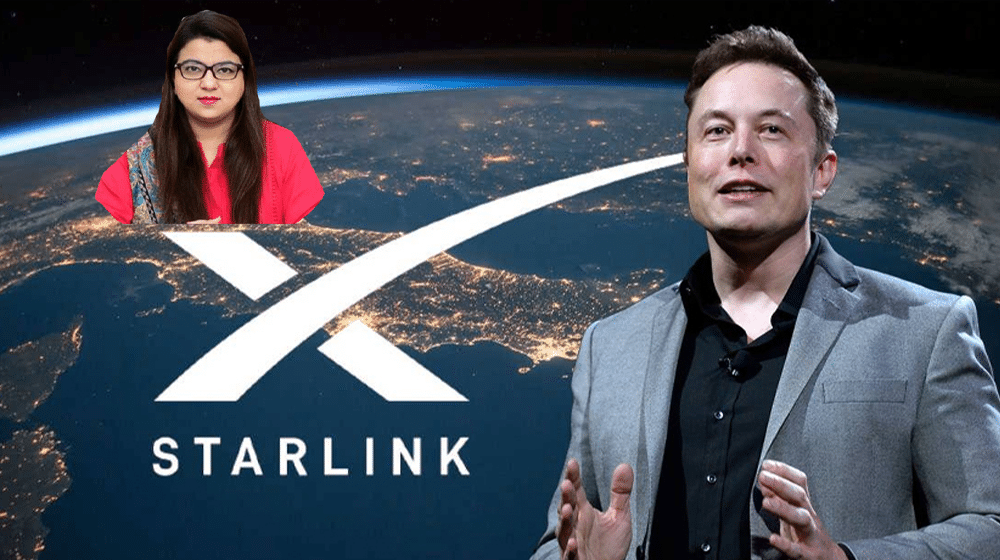Starlink, the satellite internet venture by SpaceX, is expected to launch its highly anticipated services in Pakistan by November or December 2025, as announced by IT Minister Shaza Fatima Khawaja during a meeting with the National Assembly Standing Committee on Information Technology.
To ensure thorough and effective regulation, the Ministry of IT has hired an independent consultant to finalize the policy guidelines governing satellite internet providers.
This step highlights the government’s commitment to a transparent, comprehensive, and future-ready framework for emerging technologies in the digital space.
Starlink Must Reapply for License After Regulations Are Finalized
PTA Chairman Major General (retd) Hafeez-ur-Rehman reiterated that while Starlink holds a temporary authorization, it must recomply with all final regulations to move forward.
In a surprising yet strategic move, Shanghai Spacecom, a Chinese satellite internet provider, has also applied for a license to operate in Pakistan. This development signifies growing interest in Pakistan’s expanding digital economy and suggests that the market may witness competitive pricing and improved service standards driven by multiple players.
The competition between Starlink and Shanghai Spacecom could accelerate technological advancements, broader coverage, and lower internet costs, particularly benefiting rural and remote areas of Pakistan.
Starlink has already made a name for itself globally by offering high-speed, low-latency internet through its constellation of low Earth orbit (LEO) satellites.
With over 5,000 active satellites already in orbit and plans to increase this number dramatically, Starlink has the potential to become a game-changer in Pakistan’s broadband landscape. The service has been particularly effective in areas where building ground infrastructure is either logistically challenging or economically unfeasible.
Why Starlink Matters for Pakistan’s Digital Future
Pakistan’s internet penetration stands at approximately 54%, with rural areas significantly lagging behind urban centers. Starlink’s entry could help bridge this digital divide, especially in mountainous regions like Gilgit-Baltistan, Balochistan, and interior Sindh, where terrestrial broadband is either unavailable or unreliable.
The upcoming Rs. 20 billion digital transformation package, announced earlier by the IT Ministry, further reinforces this commitment to a tech-enabled, inclusive economy.
Traditional ISPs and telecom operators may face pressure to improve their services and lower prices in response to competition from satellite internet providers. However, there’s also room for collaboration—local telecom companies could partner with Starlink to expand service availability and distribution across the country.
Smaller ISPs could benefit from Starlink’s wholesale model, wherein they lease satellite bandwidth and provide last-mile connectivity using localized infrastructure.
Industry insiders anticipate that Starlink may establish ground stations, customer support centers, and local partnerships in the coming months. These steps are vital to ensure seamless user experiences, hardware availability, and 24/7 technical support.
Potential Regulatory Concerns and Data Sovereignty
While satellite internet offers immense benefits, it also raises questions about data privacy, security, and sovereignty. The government’s decision to require a second license application post-regulation finalization indicates a proactive approach to mitigating such risks.
Experts suggest that if multiple satellite providers enter the market, Pakistanis could benefit from lower tariffs and subsidized plans, especially in collaboration with government-backed digital inclusion initiatives.
With uninterrupted, high-speed internet, professionals in remote regions of Pakistan could seamlessly work online, attend virtual classrooms, and participate in global freelancing platforms.
If regulatory approvals proceed as expected, Starlink’s commercial operations in Pakistan may begin in Q4 of 2025.


